The Sacredness of Bad Attitudes
6


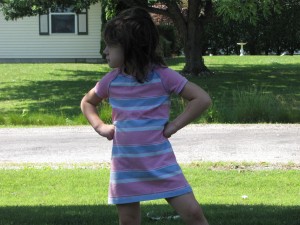

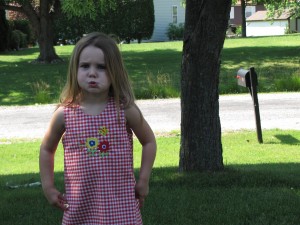
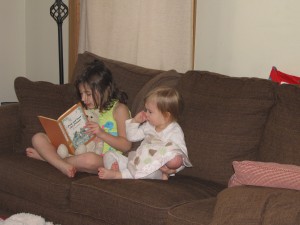

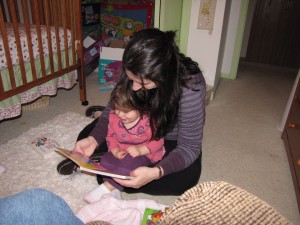

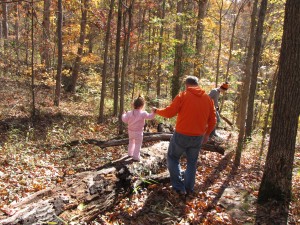
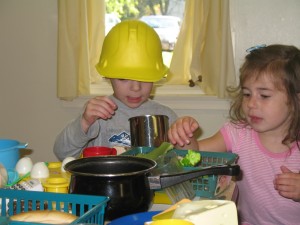

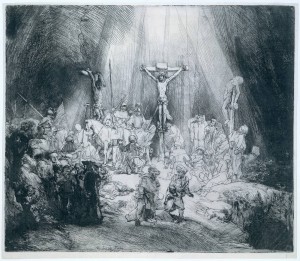

Art credit: Three Crosses sketch by Rembrandt
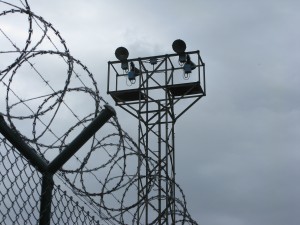


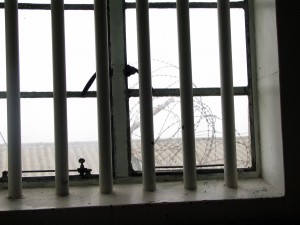
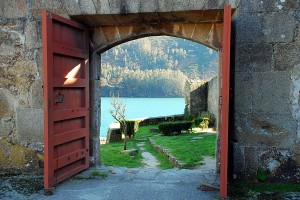
Art Credits: photo of prison 1 and last photo of open door by Miguel Saavedra, photo of prison 2 by Colin Brough, photo of cellar prison from rgbstock. photo of prison window by Chris Hitchcock,
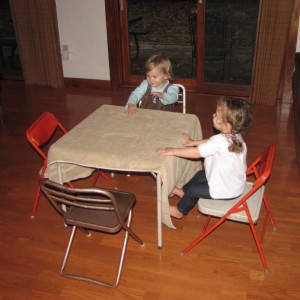

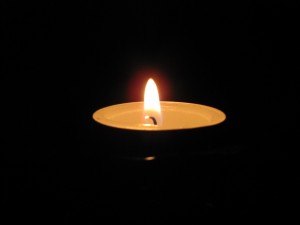
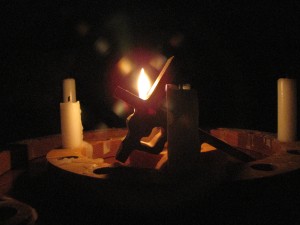


Art credits: Three Crosses sketch by Rembrandt; Supernova photo by NASA

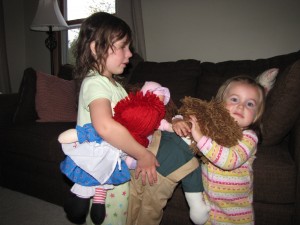
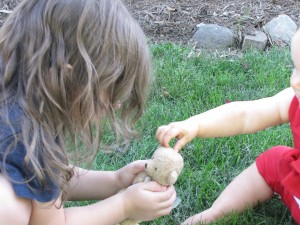
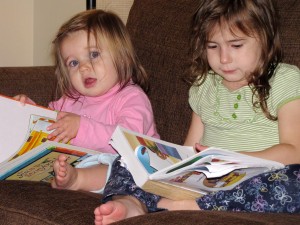
“Young people tend to be activists, dedicated supporters of a cause, though without always inquiring too closely either whether their cause is a good end to pursue or whether this action is the best means by which to pursue it.” ~ Rev. John R. W. Stott in an address at the Inter-Varsity Fellowship Annual Conference


Show kindness and mercy to one another.
Love one another.
Outdo one another in showing honor.
Welcome one another.
Bear with one another.
Be kind to one another.
Forgive one another.
Art Credits: Lion photo by Juliane Riedl; Christ and Samaritan Woman painting by Henryk Siemiradzki
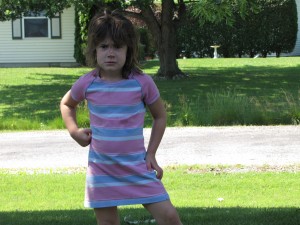



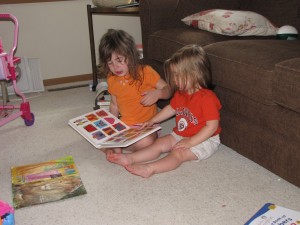
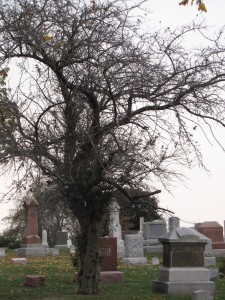


God’s purposes are not for me to understand His plans: His plan is for me to understand Who He is…Faith is this unwavering trust in the heart of God in the hurt of here.” ~ Ann Voskamp
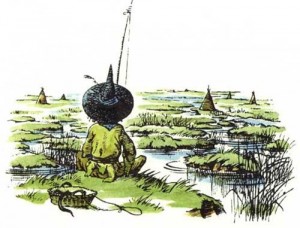
“Once and for all, I adjure you to set me free. By all fears and all loves, by the bright skies of Overland, by the great Lion, by Aslan himself, I charge you –”
“Oh!” said the three travelers as though they had been hurt. “It’s the sign,” said Puddleglum. “It was the words of the sign,” said Scrubb more cautiously. “Oh, what are we to do?” said Jill.
It was a dreadful question. What had been the use of promising one another that they would not on any account set the Knight free, if they were now to do so the first time he happened to call upon a name they really cared about? On the other hand, what had been the use of learning the signs if they weren’t going to obey them? Yet could Aslan have really meant them to unbind anyone – even a lunatic – who asked it in his name? … They had muffed three already; they daren’t muff the fourth.
“Oh, if only we knew!” said Jill. “I think we do know,” said Puddleglum. “Do you mean you think everything will come right if we do untie him?” said Scrubb.
“I don’t know about that,” said Puddleglum. “You see, Aslan didn’t tell (Jill) what would happen. He only told her what to do. That fellow will be the death of us once he’s up, I shouldn’t wonder. But that doesn’t let us off following the sign.”
Sketch is Rembrandt’s The Three Crosses



“And the second is like it: ‘Love your neighbor as yourself.’” ~ Matthew 22.39


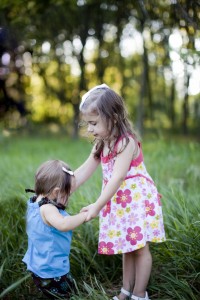

“Love must confront Tolerance and insist, as it has always done, on a better way.” ~ Tim Keller in Generous Justice
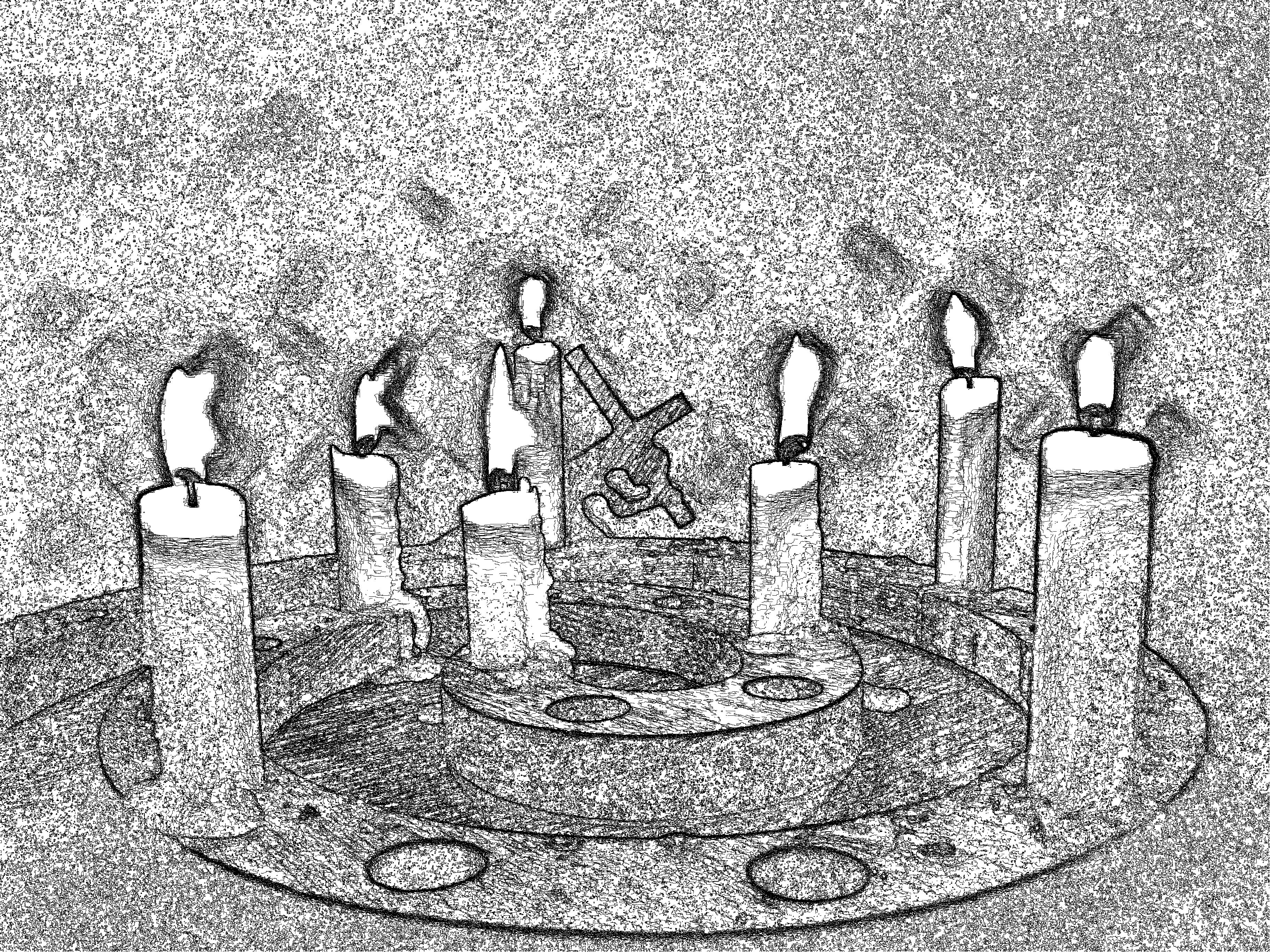
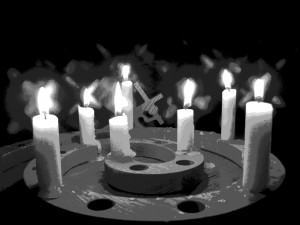
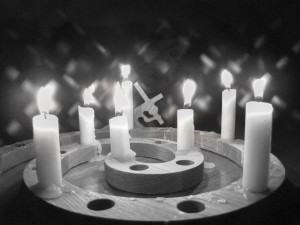

Edited from the archives
I couldn’t live where there were no trees – something vital in me would starve. ~ Anne of Green Gables



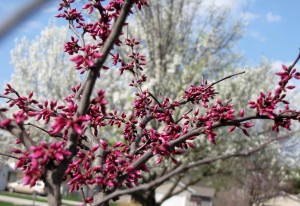
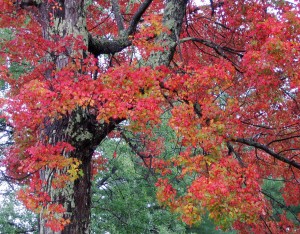






Art credit: last photograph by Kirk Sewell (R K Sewell Photography)